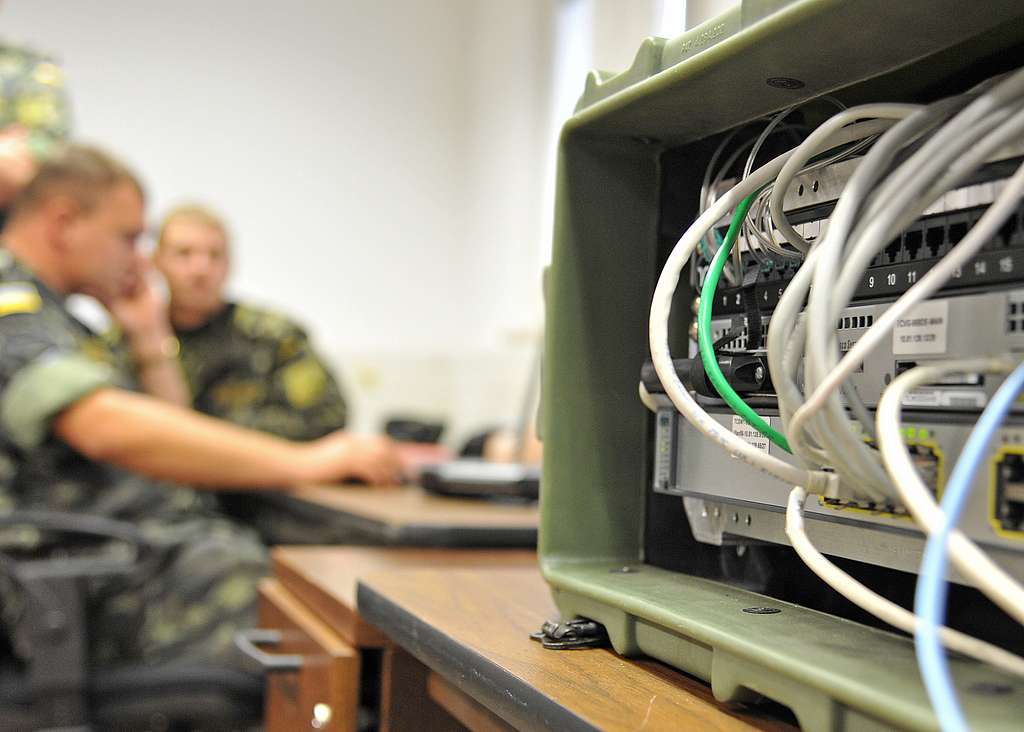More Thoughts on the NYT's "Kill List" Process Article
Over at Volokh Conspiracy, I make some comments on the NYT article to which Ben linked this morning. My comments run to the kind of signals that the administration might be seeking to send about the thoroughness of its vetting of targeted killing decisions.
Published by The Lawfare Institute
in Cooperation With

Over at Volokh Conspiracy, I make some comments on the NYT article to which Ben linked this morning. My comments run to the kind of signals that the administration might be seeking to send about the thoroughness of its vetting of targeted killing decisions. One of those signals, however, seems to me potentially ambiguous, and merits clarification:
The administration wants to send a clear signal that the President considers and signs off on these personally, and that this is far from a perfunctory or unconsidered sign-off. I applaud the President for this level of personal review; I think it is right. This signal carries a certain ambiguity, however – one that I believe the administration needs to consider closely. The ambiguity lies in whether the President’s personal, considered attention to each decision is understood and conveyed to the public as a matter of the burden of the institutional presidency – something that would be no less true of a President Romney than a President Obama. In that case the implication is that President Obama is stepping up to the plate to establish a process not just for himself, but for his successors and for the institution of the presidency. And he does so in a way that both sets a precedent (in the sense of a certain burden) for the proper level of involvement of the president in targeted killing decisions. But, while setting a presidential burden, this also gives future presidents important institutional legitimacy, through the weight of precedent established by the acts of a prior president, and institutional stability – to targeted killing, specifically, but also by implication to the emerging paradigm of covert and small-scale self-defense actions against non-state terrorist actors which, in the future, may or may not have anything to do with Al Qaeda and might be addressed to wholly new threats. The alternative is that President Obama is sending a signal that these actions are legitimate only because he is personally trusted to do the right thing on these decisions, just because he is Barack Obama. His constituencies trust him with this power in a way that they would not entrust to any other president, including those who come after. In other words, there is a question implicit in the New York Times description as to whether the President is conferring a purely personal legitimacy that disappears with this presidency, or whether he and his administration are creating a long term process, and conferring the weight of institutional legitimacy on it. It is obvious from how I’ve framed the ambiguity that I believe that the administration has an obligation to create lasting institutional structures, processes, institutional settlement around these policies. It owes it to future presidencies; every current president is a fiduciary for later presidents. It also owes it to the ordinary officials and officers, civilian and military, who are deeply involved in carrying out killing and death under the administration’s claims of law – it needs to do everything it can to ensure that things these people do in reliance on claims of lawfulness will be treated as such into the future. And in fact I believe this is what the senior leaders and lawyers who have issued speeches for the administration are seeking. But I think there is still room for the players involved to say clearly that these processes are legitimate for the executive, this president and future presidents.
Kenneth Anderson is a professor at Washington College of Law, American University; a visiting fellow of the Hoover Institution; and a non-resident senior fellow of the Brookings Institution. He writes on international law, the laws of war, weapons and technology, and national security; his most recent book, with Benjamin Wittes, is "Speaking the Law: The Obama Administration's Addresses on National Security Law."





